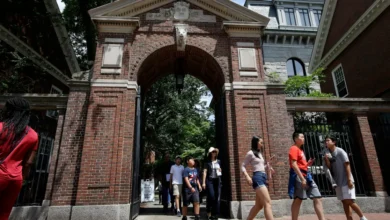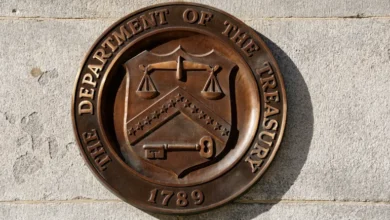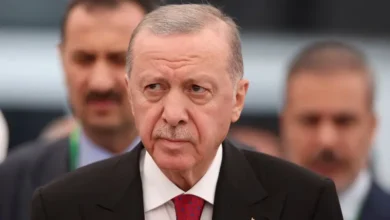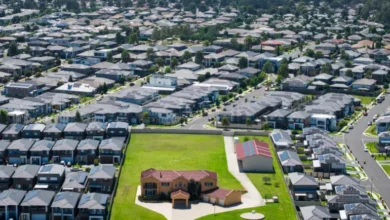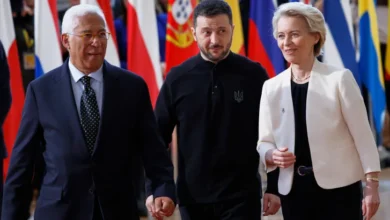Why has Palestinian Authority’s Mahmoud Abbas nominated a successor now?
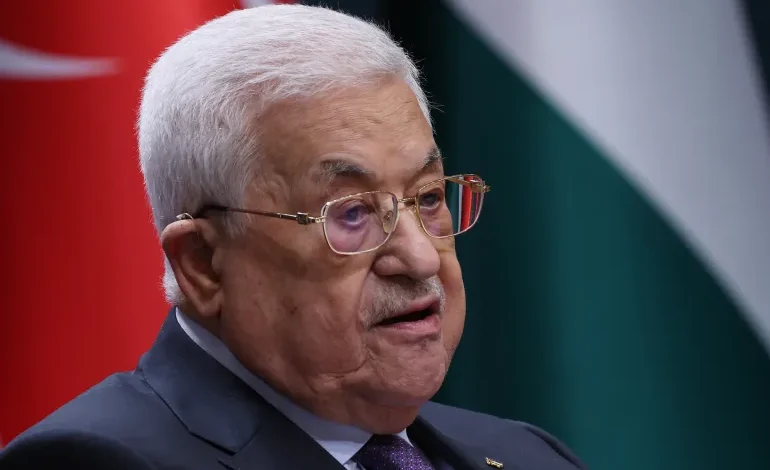
Mahmoud Abbas, president of the Palestinian Authority (PA), has nominated Rawhi Fattouh to take over if he cannot continue in his post due to poor health.
As Israel continued its war on Gaza – killing more than 44,000 people and injuring and starving countless others – criticism of Abbas and his presidency heightened.
Abbas, 89, who also leads the Palestinian Liberation Organisation (PLO), was elected president of the PA in 2005, a year after then-leader Yasser Arafat died.
So why is he nominating a successor now and how would the succession process go?
First, what’s the Palestinian Authority?
The PA was established as an interim Palestinian government under the 1993 Oslo Accords, which then-Israeli Prime Minister Yitzhak Rabin signed with Arafat.
The PA was originally conceived to administer basic provisions – such as education, security, water and electricity – for Palestinians living under Israeli occupation in Gaza and parts of the West Bank, including occupied East Jerusalem.
Why is the PA still around?
The US-backed Oslo Accords ostensibly aimed to bring about a Palestinian state by 1999 in Gaza and the West Bank with East Jerusalem as its capital.
However, within just a year of the accords being signed, Israel was building illegal settlements in the West Bank.
The assassination of Rabin by a far-right Israeli nationalist also dimmed any hopes that Israel would surrender the occupied territory to the PA.
Despite failing to bring about Palestinian statehood, the PA continued indefinitely under the leadership of Abbas, even though his term technically came to an end in 2009.
